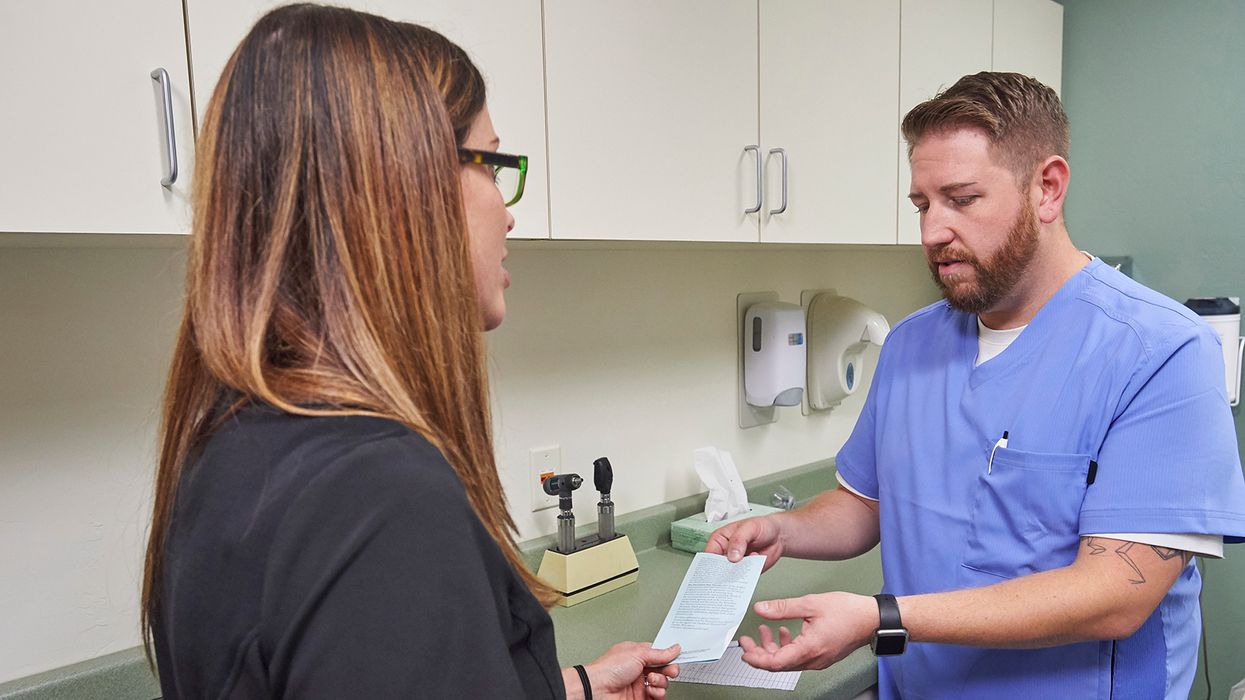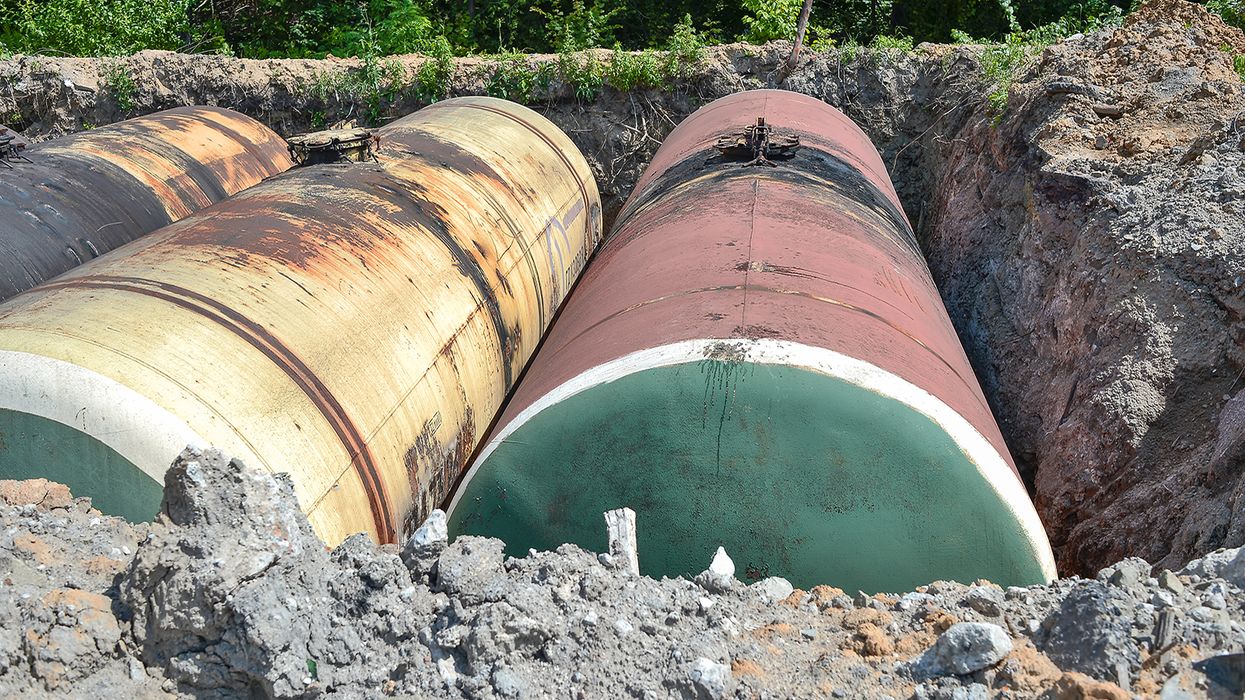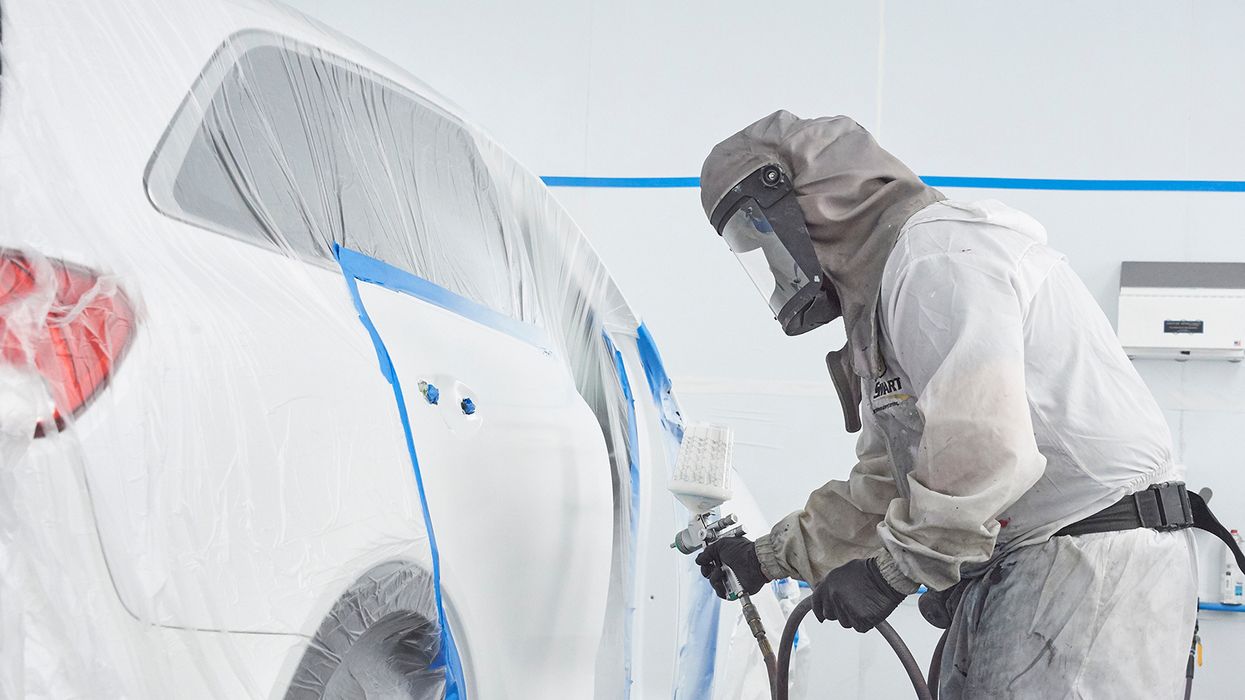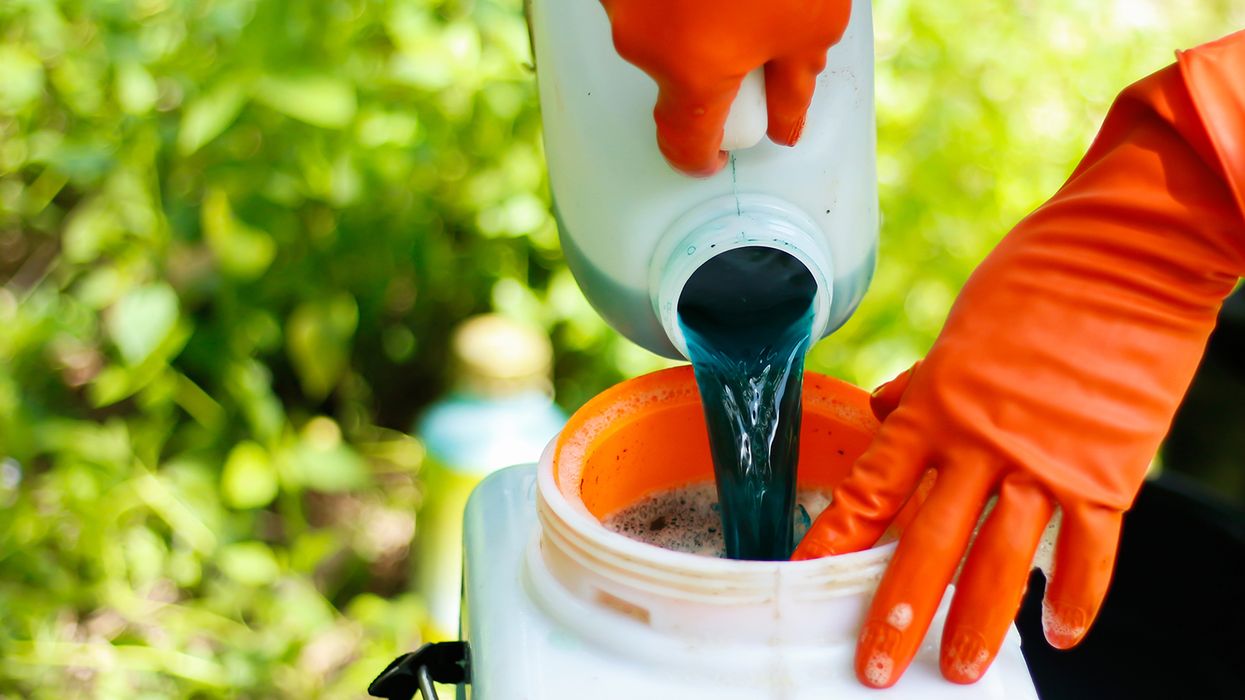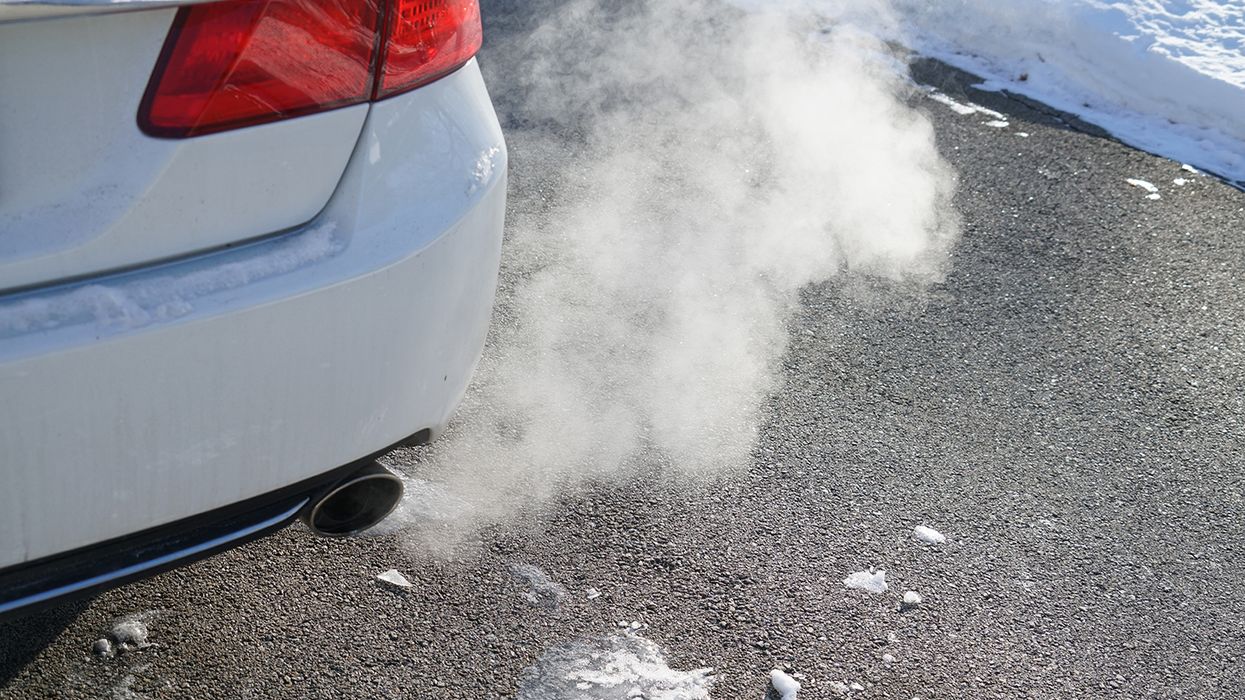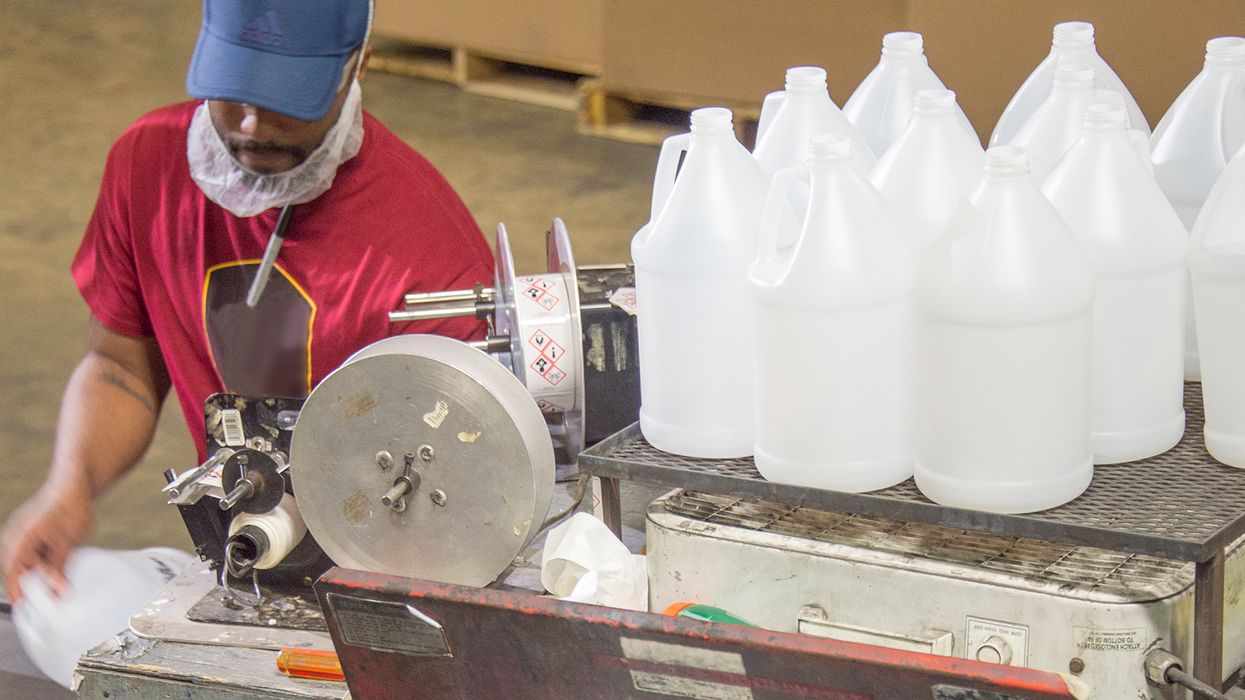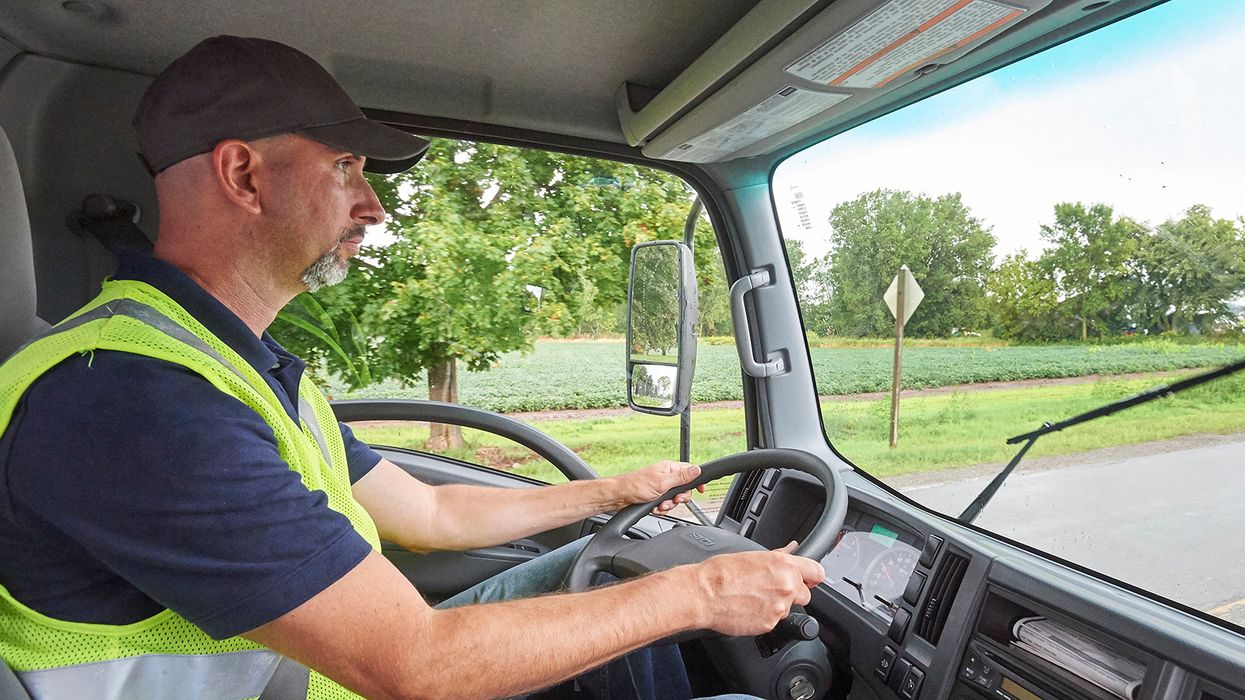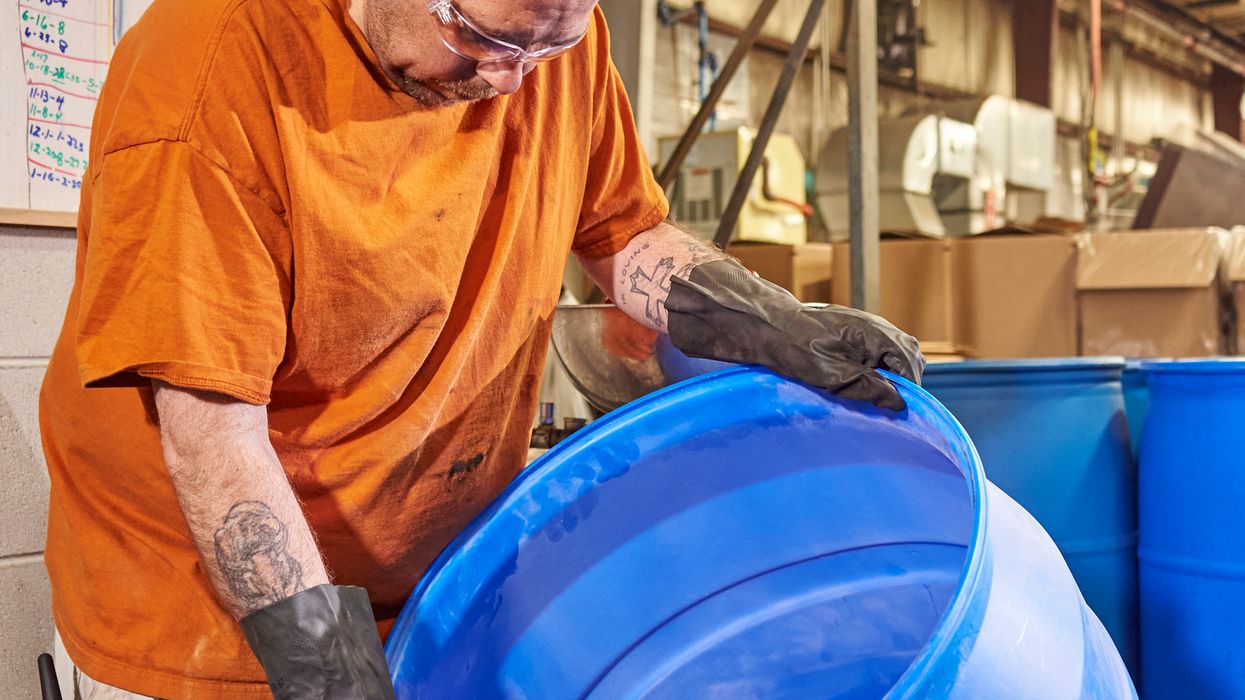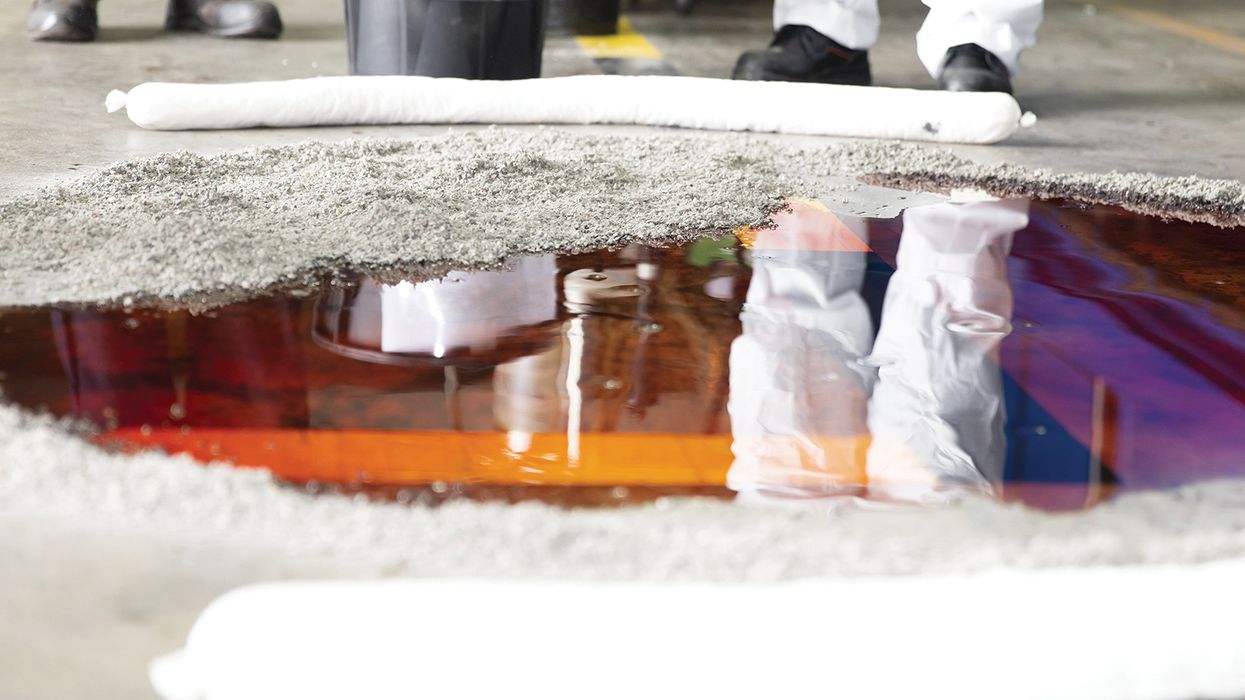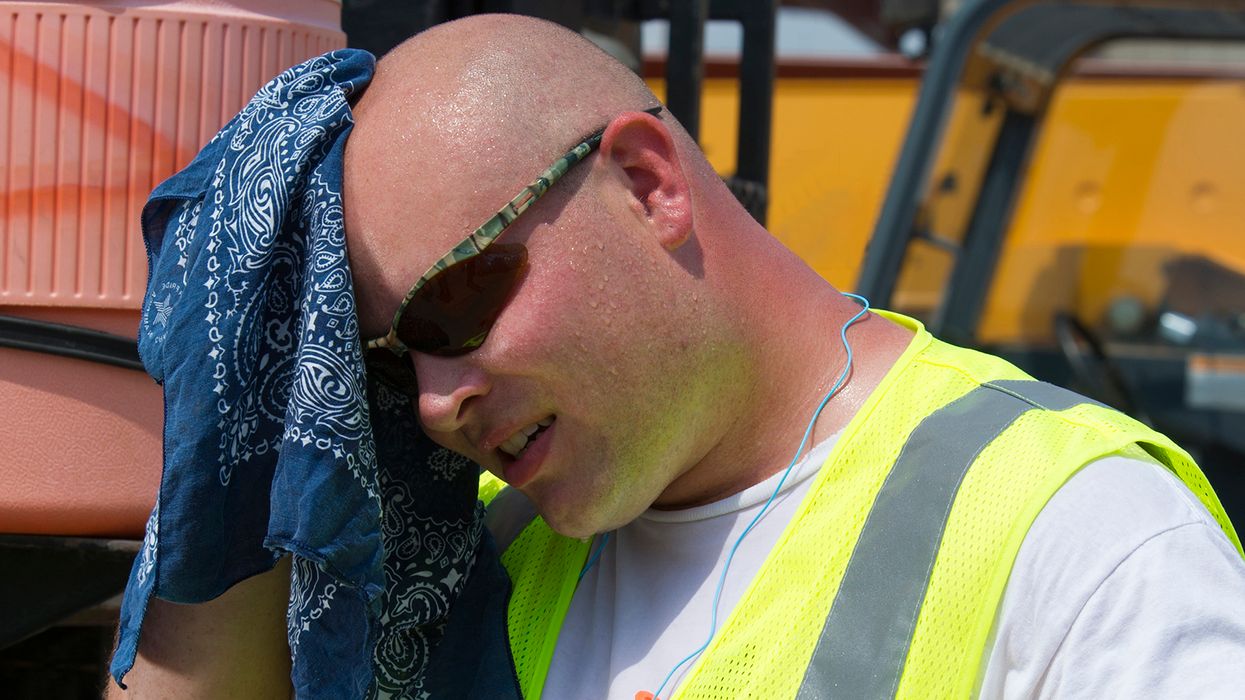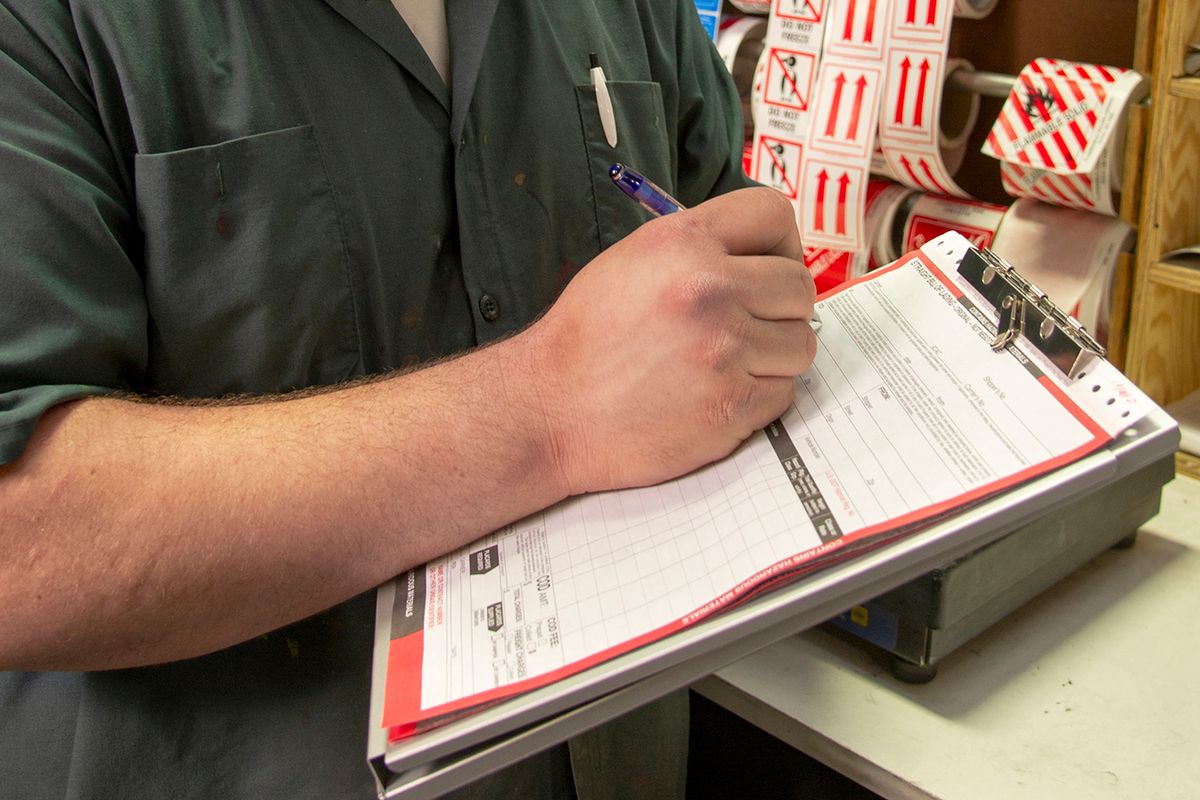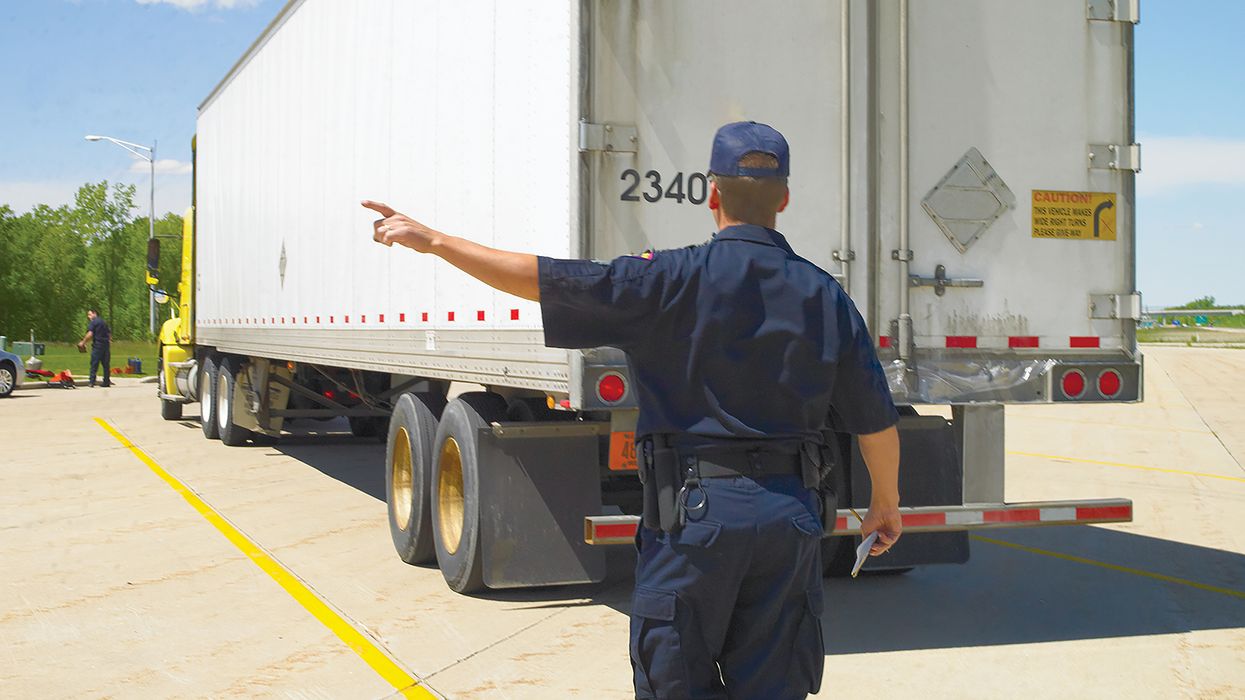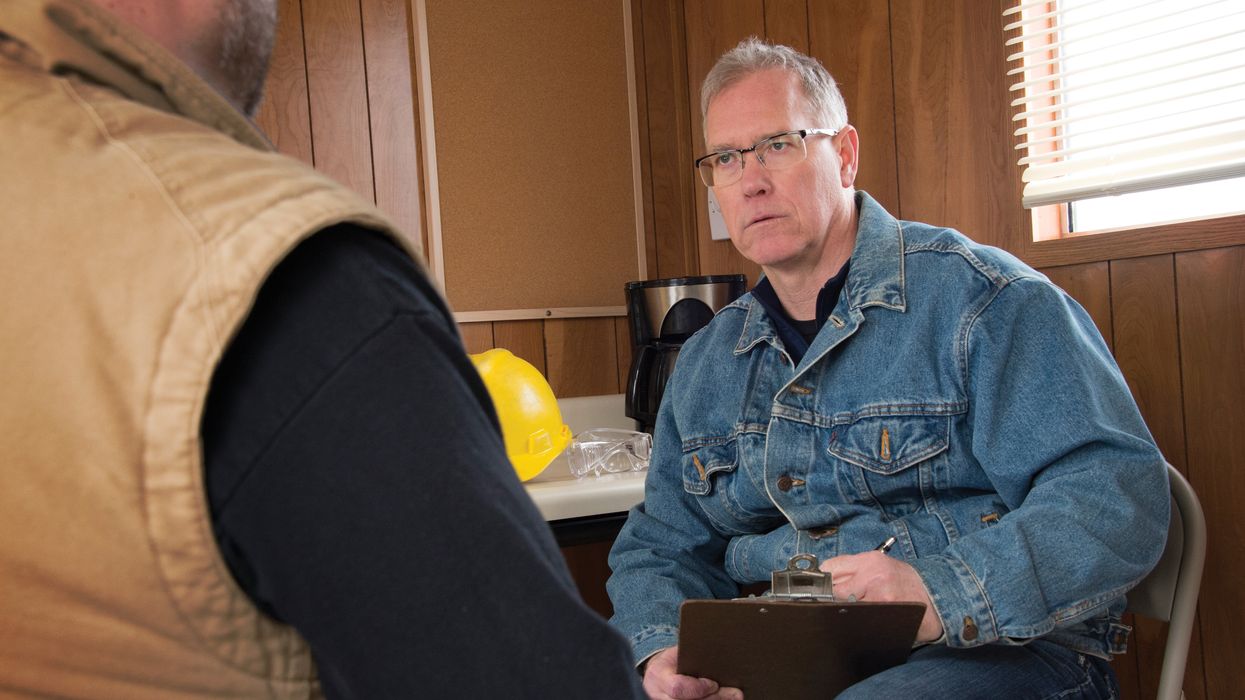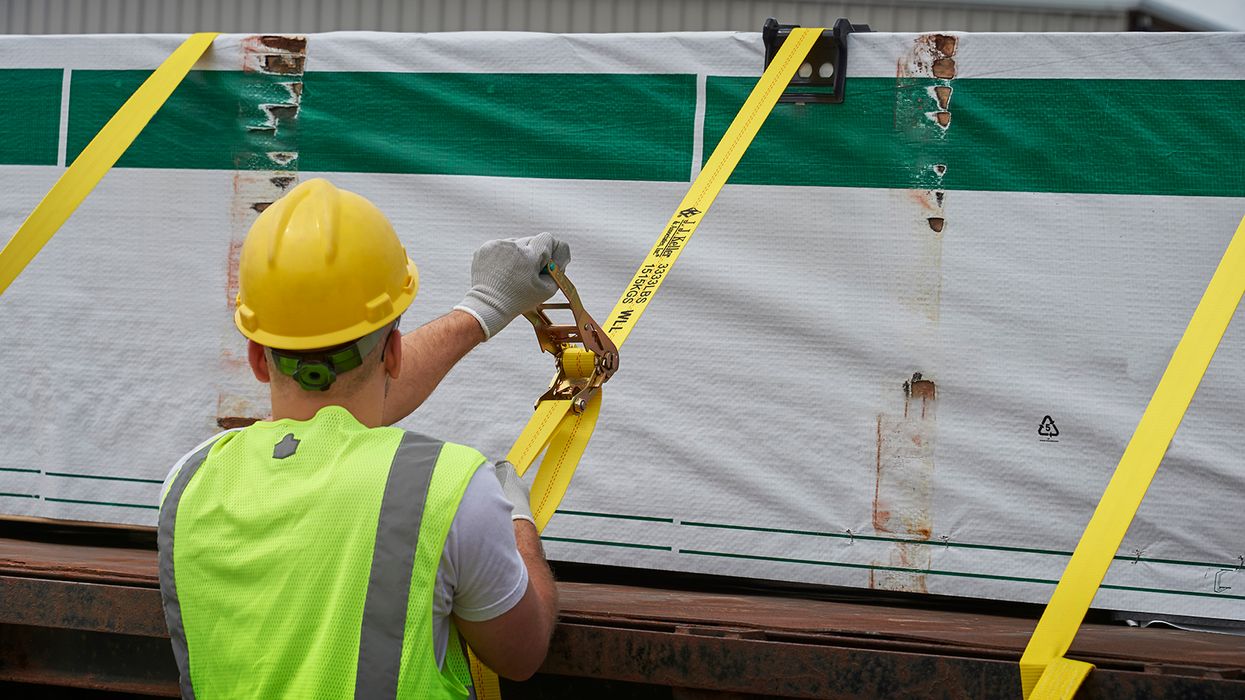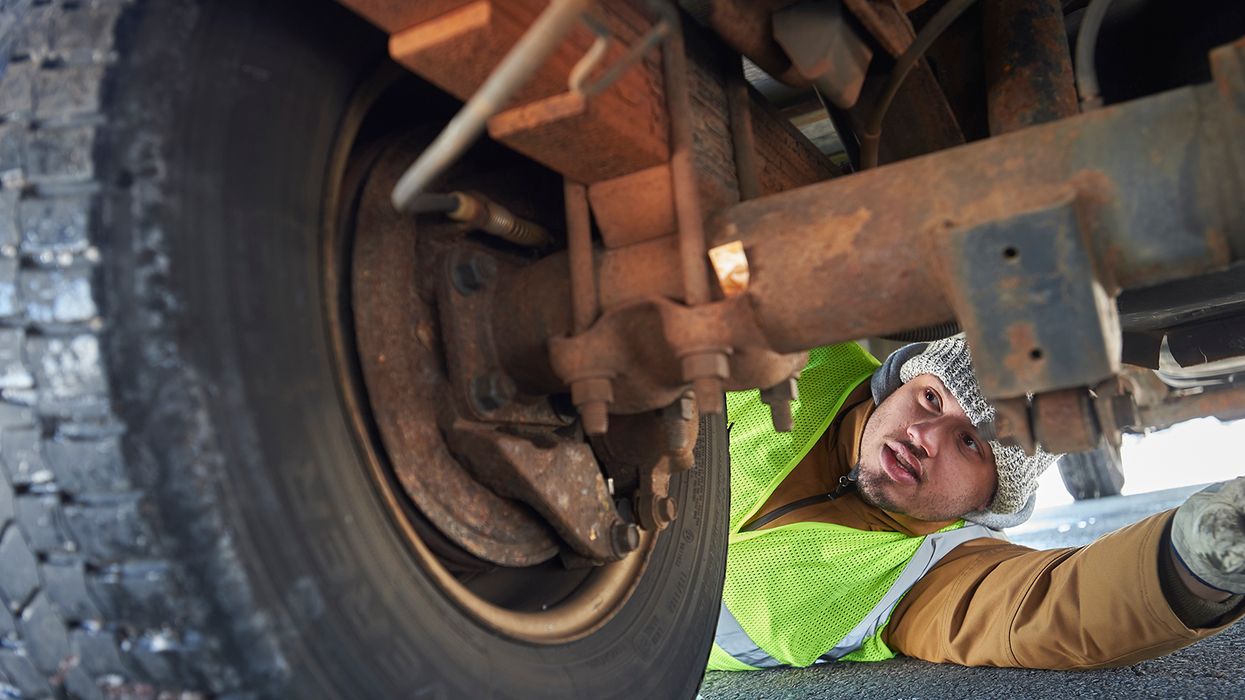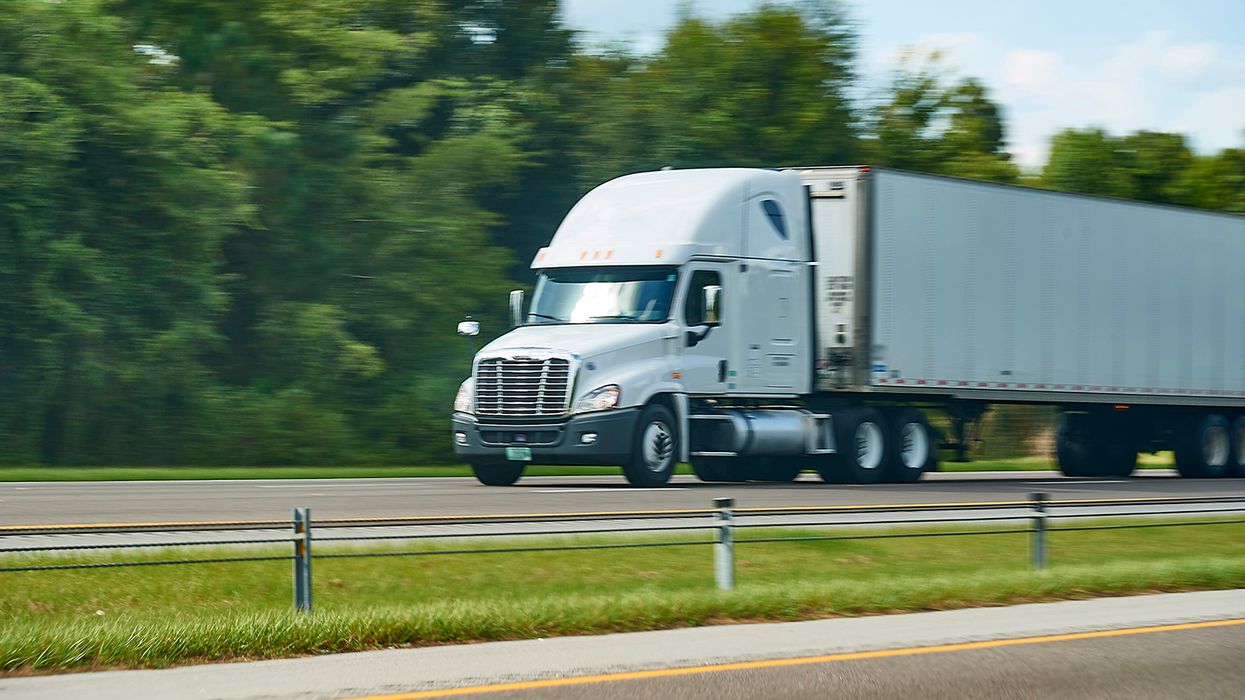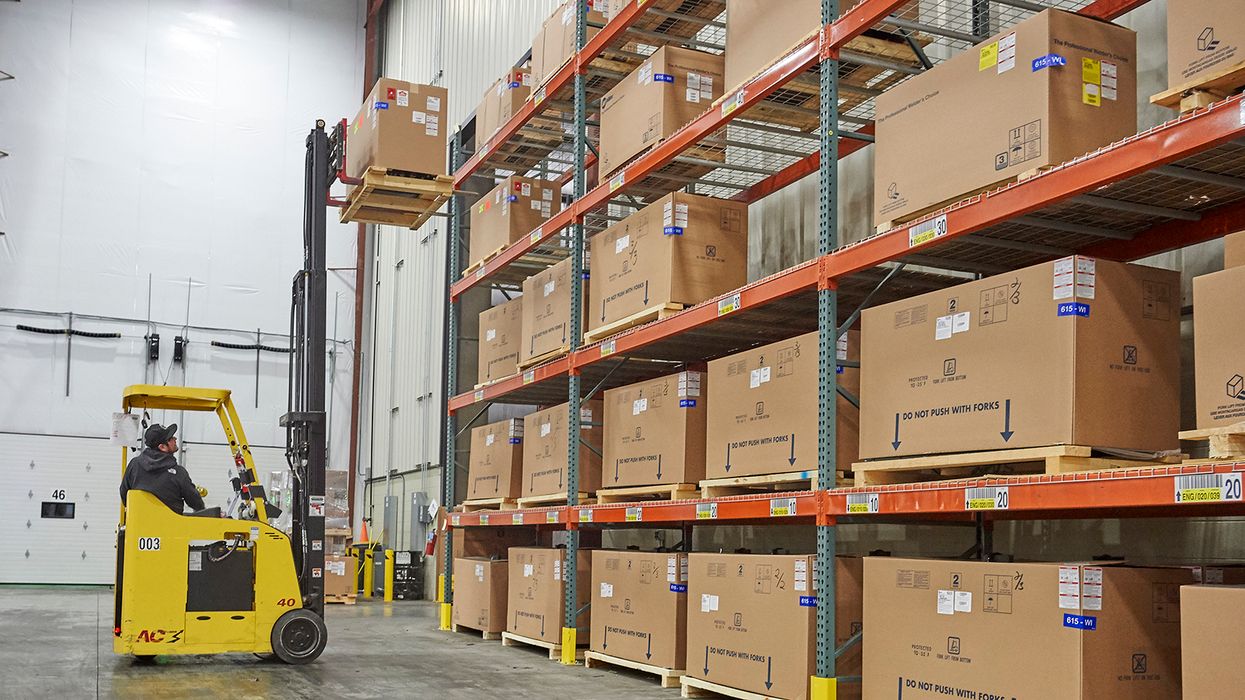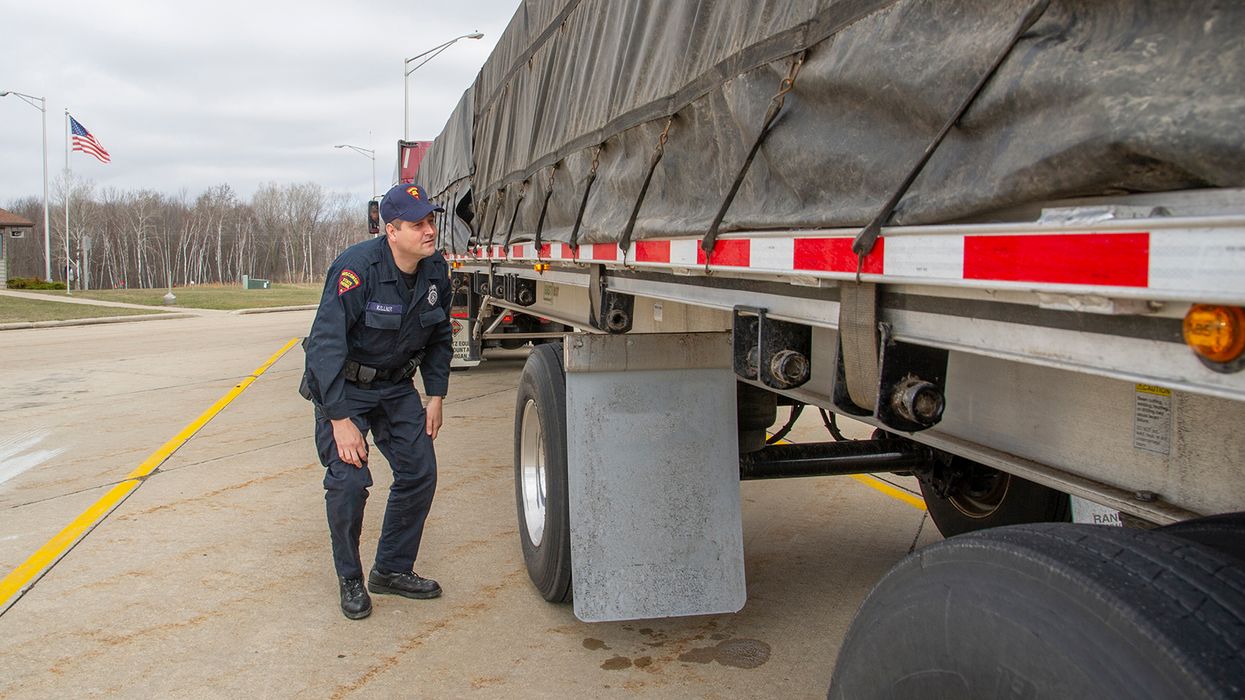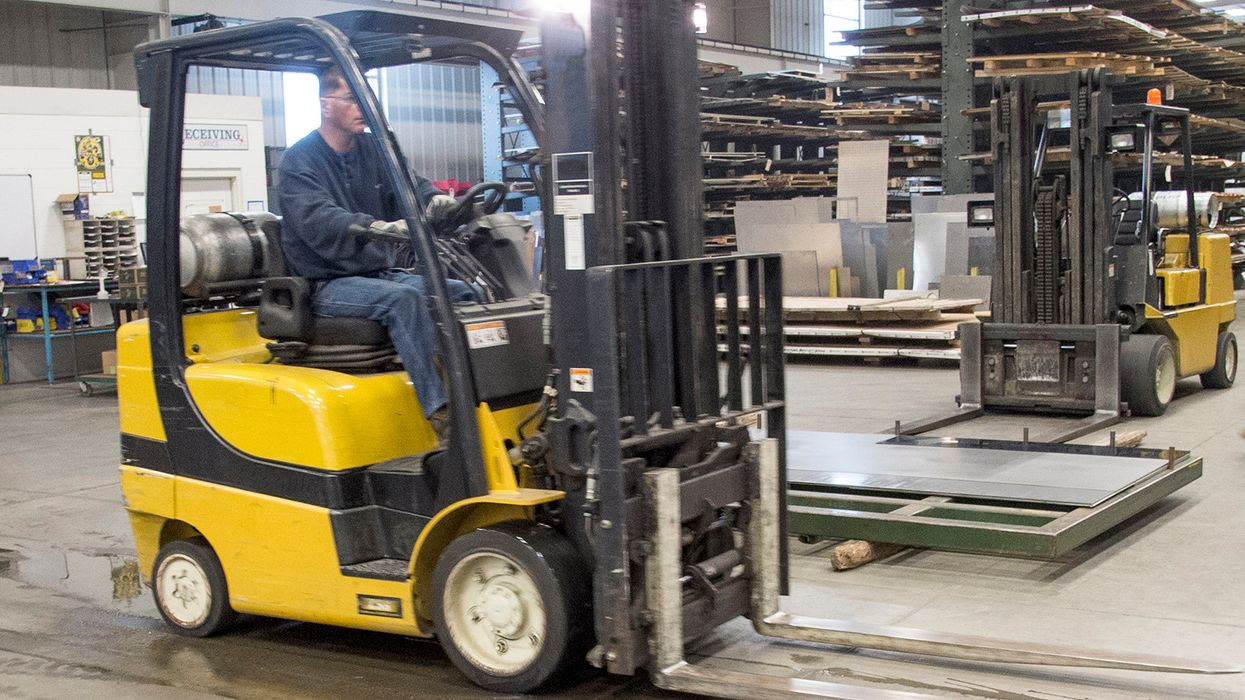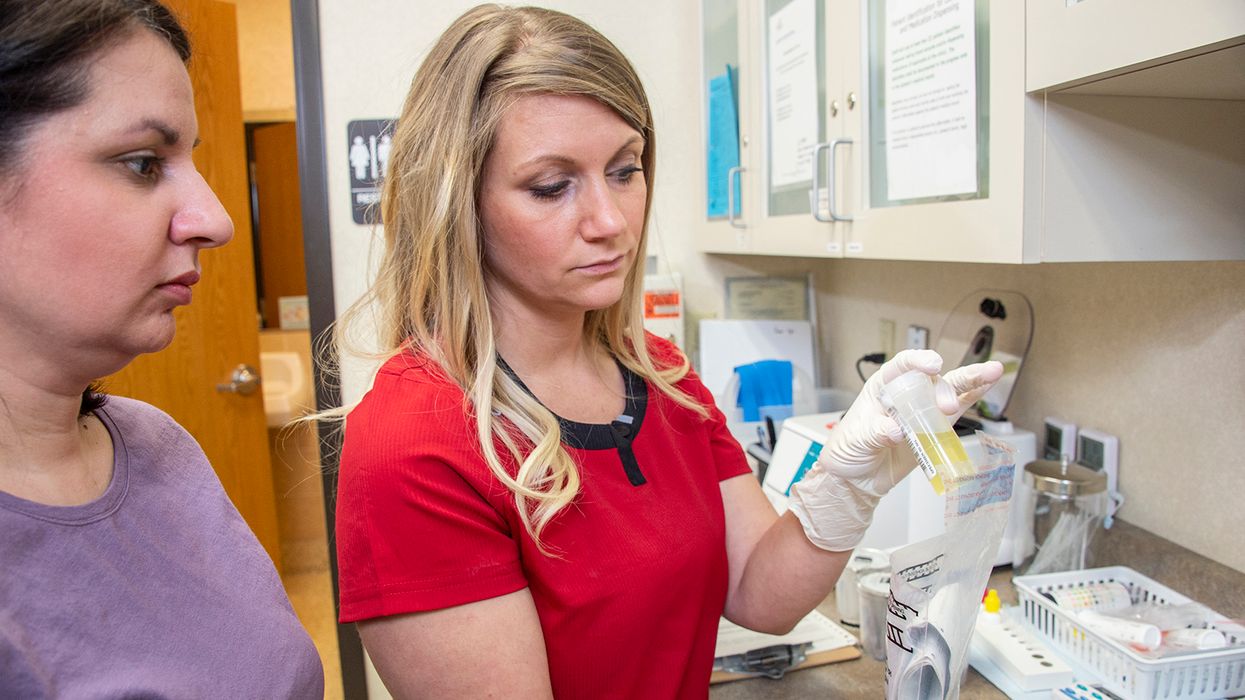California prohibits marijuana testing on January 1 — Are you ready?
New restrictions on marijuana testing take effect in California on January 1, 2024, and will require updates to workplace drug testing programs.
The new state law:
- Prohibits discrimination against employees based on off-duty use of marijuana.
- Prohibits employers from taking a negative action based on a drug test that has detected nonpsychoactive cannabis metabolites.
How will this impact workplace drug testing?
Unless there is an exception, the law prohibits employers from using a positive test for marijuana as a reason to discipline, terminate, or refuse to promote an employee, or decline to hire an applicant.
The law does not allow employers to base negative employment decisions on a test that detects nonpsychoactive cannabis metabolites. This, in effect, prohibits marijuana testing. Cannabis metabolites are created by the body after cannabis is digested and will be detected on a drug test long after the psychoactive effects of cannabis have worn off.
The psychoactive effects of cannabis, or the high feeling a person experiences after using cannabis, is due to the chemical tetrahydrocannabinol (THC). After entering the bloodstream, this chemical quickly binds to fat tissues, as well as brain and muscle tissue. It slowly reenters the bloodstream and is excreted from the body, but this process takes about a day and a half for an individual who uses cannabis infrequently and two weeks or more for more for more frequent users.
The impairment caused by cannabis will last between four and 10 hours, but varies based on the drug’s potency, how the drug was taken into the body, a person’s metabolism, and tolerance to the drug. Because marijuana’s metabolites remain in the body beyond the impairment window, a positive test for marijuana is not proof that an individual is impaired.
Are there alternatives to traditional tests?
The law notes that a test that identifies THC in a person’s body fluids, rather than nonpsychoactive metabolites, would be allowed.
A test for THC would likely also detect marijuana metabolites as well, however. Because it would not be clear whether THC or its metabolites caused the positive test, a THC test is likely to be problematic.
The state’s law also notes that impairment tests, which measure an individual employee against their own baseline performance, are acceptable. To make a decision based on this type of test, an employer would need a baseline test for comparison and would also need to ensure the test’s accuracy to lower the risk of a challenge from an employee.
Protection of off-duty use
In addition to restricting the type of test that can be used, the law also restricts employers from discriminating against an employee because of off-duty marijuana use.
This places another barrier in front of a pre-employment drug test for marijuana unless an exception applies.
A positive pre-employment test for marijuana will always be due to off-duty use because an applicant has not been on-duty with the employer. Because of this, a decision to not hire an individual because of a positive marijuana test would be considered discriminatory.
Who needs to comply?
The law applies to all California employers, with some exceptions. It does not apply to:
- An employee in the building and construction trades.
- Applicants or employees hired for positions that require a federal government background investigation or security clearance in accordance with regulations issued by the U.S. Department of Defense, or equivalent regulations applying to other agencies.
- Employees subject to state or federal laws requiring applicants or employees to be tested for controlled substances. (This includes drivers subject to drug and alcohol regulations from the Department of Transportation.)
- Testing required in order to receive federal funding or federal licensing-related benefits.
- Testing required under a federal contract.
Because California has a state law requiring testing of van and small bus drivers under the California Public Utilities Code, drivers transporting 15 or fewer passengers would be subject to testing for marijuana, and other drugs under state law.
What can employers do?
Although tests for marijuana are restricted in California, employers can:
- Prohibit employees from using, possessing, selling, distributing, or growing marijuana in the workplace and on work time.
- Prohibit employees from being impaired by marijuana at work.
- Make new hires and employees aware of a company’s workplace drug and alcohol policy and the expectation that they adhere to it.
Key to remember: Marijuana tests are prohibited in California as of January 1, 2024, unless an exception applies. Employers in California should update their drug testing policies to comply with the new law.

